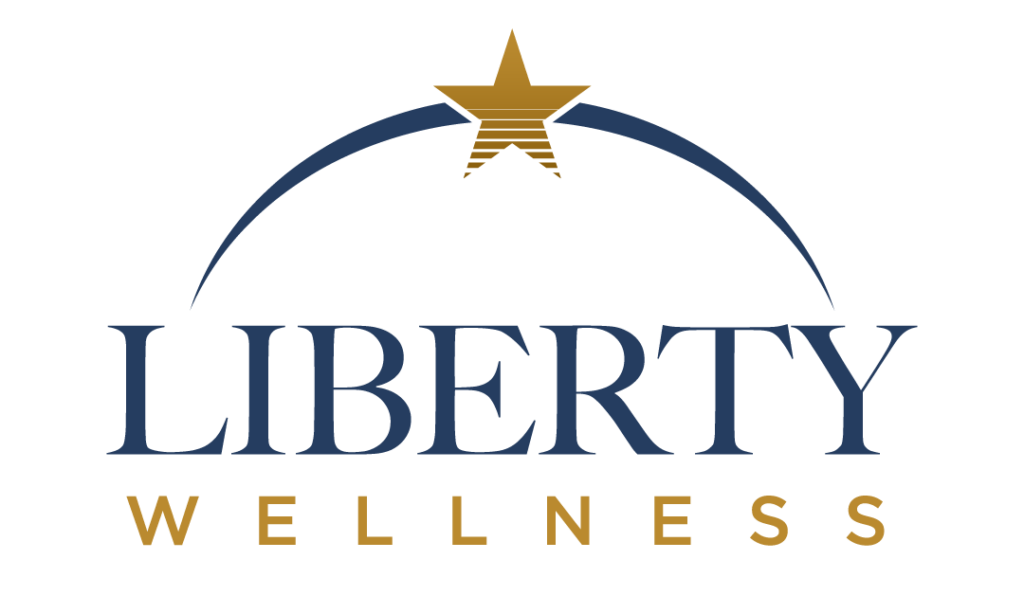Mood Disorder Treatment
Mood Disorder Treatment in New Jersey
It’s difficult to be in a good mood when suffering from a mood disorder. The days are long and dark, and it seems like nothing can make you happy.
You may have tried therapy, medication, and lifestyle changes, but nothing has seemed to work.
You may wonder if there is anything else that can help you feel better.
Mood disorders can be difficult to identify and manage, but dual diagnosis treatment at Liberty Wellness in New Jersey can help.
It is essential to learn the signs and symptoms of having a mood disorder, as well as what treatment is available. Liberty Wellness is a New Jersey drug and alcohol rehab center that offers comprehensive mental health and dual diagnosis therapy. Contact us today to learn more.


Liberty Wellness of New Jersey Makes Your Journey To Recovery As Stress-Free As Possible.
What Are The Types of Mood Disorders?
Different types of mood disorder diagnoses include:
Major depressive disorder affects about 6.7% of the United States population. It is characterized by persistent low mood and loss of interest or pleasure in activities that were once enjoyed, lack of energy, reduced concentration, feeling worthless or guilty, suicidal thoughts, and behavior changes such as increased alcohol and drug use.
Dysthymic disorder is a milder form of depression that lasts two or more years. Symptoms include feeling low, loss of interest in things once enjoyed, low motivation, and difficulty concentrating.
Bipolar disorder is a more severe form of depression associated with manic episodes marked by abnormal, excessive elation. Typically, these episodes may include symptoms like a decreased need for sleep, racing thoughts, increased talkativeness, and grandiose thinking.
Similarly, cyclothymic disorder is a milder form of bipolar disorder with episodes of depression and mania that come and go over two years or more. In general, symptoms can be like those experienced during major depressive episodes but usually occur in clusters rather than individually.
During the winter months, do you find yourself just feeling blah? Seasonal affective disorder is a unique form of depression related to seasonal changes and lack of sunlight in winter. Symptoms include:
- Feeling low
- Eating too much or too little
- Sleeping too much or not enough
- Difficulty concentrating
Before or during their menstrual cycle, many women complain of feeling off or have unexplainable feelings of sadness or anger. Premenstrual dysphoric disorder is an unusually severe occurrence of premenstrual syndrome (PMS). Symptoms include depression, anxiety, irritability, and changes in appetite.
Adjustment disorders with depressed mood are a type of depression that occurs when an individual has difficulty adjusting to a significant life event or stressful situation. Symptoms include feelings of sadness, hopelessness, and guilt, as well as physical health symptoms like headaches and stomachaches.
What Are the Signs of a Mood Disorder?
There are many signs of mood disorders that can alert friends and family members, including:
- Prolonged sadness or apathy
- Sudden changes in sleep patterns
- Difficulty concentrating
- Low energy levels
- Overwhelming feelings of guilt or worthlessness
- Thoughts of suicide
How Do Mood Disorders Disrupt Life?
Mood disorders can significantly disrupt one’s life and ability to function.
People with mental health issues may have difficulty completing everyday tasks, maintaining relationships, and staying engaged in activities they once enjoyed.
Mental health issues can also lead to substance use or abuse, further compounding the problem.
What is a Dual Diagnosis?
A dual diagnosis occurs when someone is diagnosed with both a mental health disorder as well as a substance use disorder. This type of dual diagnosis requires specialized treatment as the two disorders can interact with each other and impact each other’s symptoms.
How Can Dual Diagnosis Treatment Help Mood Disorders?
A dual diagnosis program can help individuals manage their symptoms more effectively and achieve lasting recovery from mood disorders, substance abuse, or both.
Treatment will typically involve medication, therapy, and lifestyle modifications tailored to the individual’s needs.
With dual diagnosis rehab, individuals can learn how to better cope with their illness, develop healthy coping strategies and eventually lead a fulfilling life free from mental disorders or substance use symptoms.
Some co-occurring disorders may need supervised detoxification to help the individual safely withdraw from the substances they’ve been using. Detox helps reduce withdrawal symptoms and prepares individuals for further dual diagnosis treatment.
Dual diagnosis treatment involves medication management. Medications can help manage mood disorder symptoms while reducing cravings for drugs or alcohol and substance use risk.
Dual diagnosis treatment includes psychotherapy to learn healthier ways of dealing with emotions and stressors. This therapy helps individuals work through issues that have contributed to their dual diagnosis and develop better coping strategies for managing their dual diagnosis in the future. Examples of psychotherapy include individual therapy, family therapy, and group therapy.
Behavioral therapies like cognitive behavioral therapy are also helpful because they help individuals identify and modify inaccurate or unhelpful thoughts, feelings, and behaviors.
For less severe disorders, you may benefit from having more flexibility in your care plan. Therefore, outpatient treatment services allow you to spend several hours a day a few days a week in treatment while freeing up time for other activities. Often, outpatient care is best for those who have completed an inpatient program or have a robust support system.
Intensive outpatient programs offer aspects of outpatient and inpatient care. During these programs, dual diagnosis patients attend treatment several hours a day and sometimes overnight.
This type of dual diagnosis treatment allows individuals to receive the structure and support needed for their dual diagnosis care while also allowing them to maintain some degree of independence.
Are There Mood Disorder Treatment Centers in New Jersey?
Luckily if you live in New Jersey, there are plenty of New Jersey mood disorder treatment centers to provide you with safe and effective care!
An addiction and mood disorder treatment center is highly effective in helping patients with co-occurring mood disorders and substance abuse disorders.
Treatment statistics show patients who received dual diagnosis treatment were more likely to remain abstinent than those who did not receive dual diagnosis treatment.
In New Jersey, dual diagnosis treatment centers offer comprehensive programs tailored to treat your individual needs.
Liberty Wellness Offers Dual Diagnosis Mood Disorder Treatment in New Jersey
If you are ready to seek dual diagnosis mood disorder treatment in New Jersey, contact our helpful staff at Liberty Wellness.
Staff members will be happy to give you an overview of our treatment options, verify your insurance coverage, and explain aftercare services.
At Liberty Wellness, we provide a safe, healing environment where you can focus on getting the help you need while accessing some of the best dual diagnosis mood disorder treatments available in New Jersey.
We Accept Multiple Types of Insurance
Get help with payment for your Addiction rehab treatment. We accept multiple types of insurance and can help you verify if you will be accepted.








Reach out to us with any questions or to get started
Our Location:

-
20 East Taunton Road Suite 103
Berlin NJ 08009 - 866-937-3158

